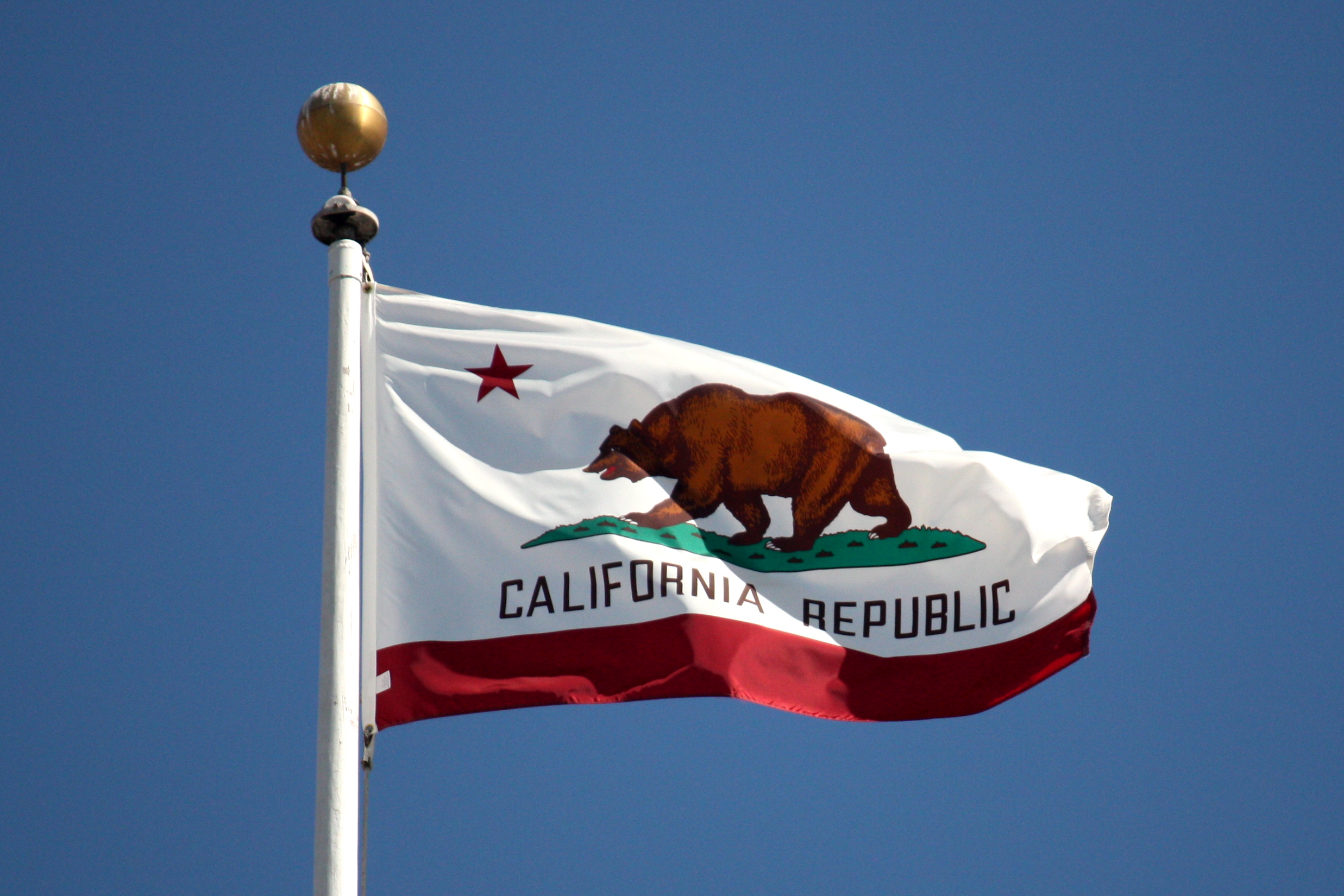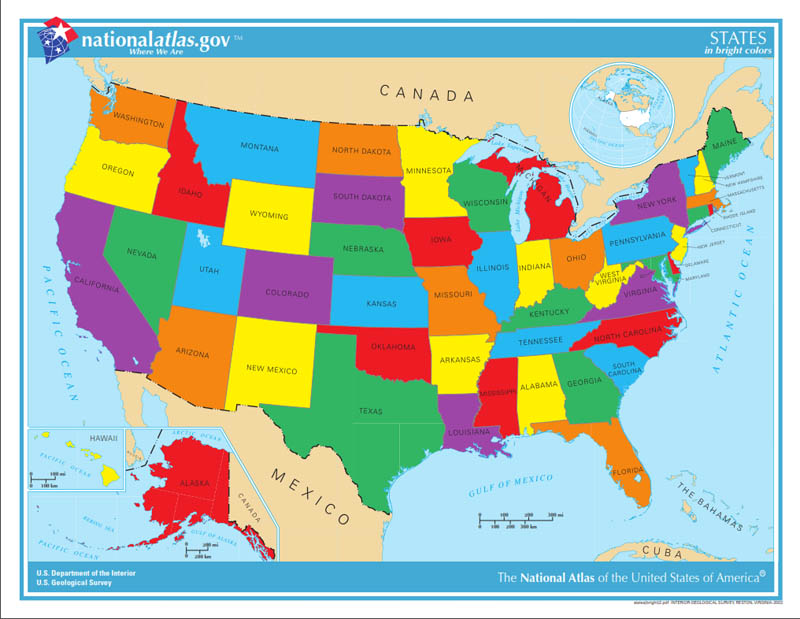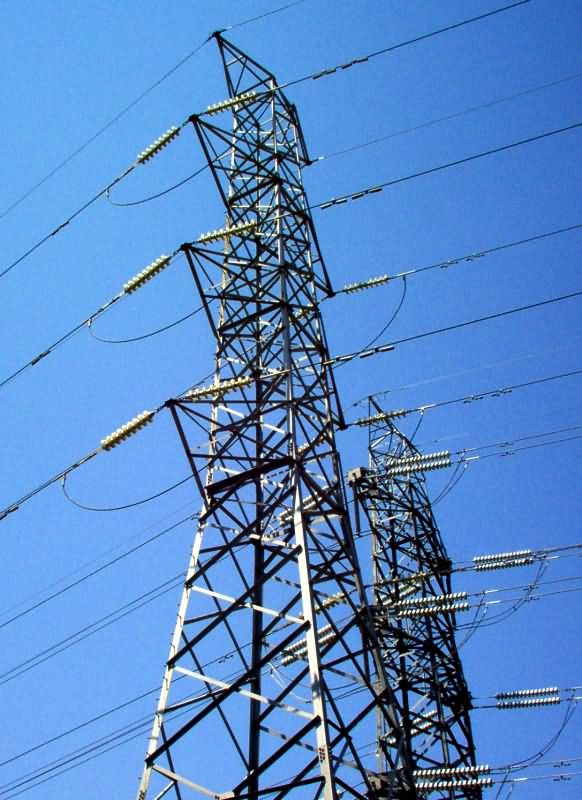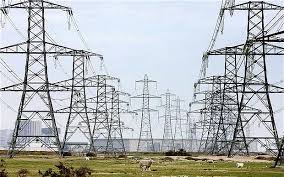Energy
A Catalogue of Game Changers
We’re making progress on addressing climate change, and I’m hopeful that we’ll continue doing so. Yet it’s not clear whether the path we’re currently on will make progress fast enough to avoid very serious risks. So what would it take for us to make a quantum leap in this effort? I wouldn’t hazard a prediction …
Continue reading “A Catalogue of Game Changers”
CONTINUE READINGGuest Bloggers Deborah Gordon and Frances Reuland: Is California Extraordinary? Its Oil Resources Certainly Are
Facts About California’s Oil and Greenhouse Gas Emissions
Despite ongoing federal rollbacks to environmental regulations, California has the right to set its own clean air standards because it is truly extraordinary. Truth be told, the compelling circumstances that first set in motion California’s vehicle emissions standards remain entirely valid. And there are four recent conditions, related to California’s oil supply, production, and refining, …
CONTINUE READINGPost-election climate policy options
Options for newly empowered state governors, legislators and US House Representatives to advance climate policy
This post is co-authored by Dan Farber and Eric Biber. Democrats took control of the US House of Representatives in the election last week, took full control of six state governments (Nevada, Colorado, New Mexico, New York, Maine, and Illinois), took governorships in seven states (including Michigan, Wisconsin, and Kansas), and made significant gains in …
Continue reading “Post-election climate policy options”
CONTINUE READINGWhat The 2018 Election Results Mean For California Climate Policy
Big wins for state initiatives and pro-climate candidates, plus opportunities for high speed rail and cap and trade
Some big wins for California (and therefore national) climate policy last night: Lt. Governor Gavin Newsom is elected governor, which means the state will continue its climate leadership on various policy fronts Prop. 6 loses, which would have repealed the gas tax increase and meant less funding for transit going forward Prop. 1 wins, which …
Continue reading “What The 2018 Election Results Mean For California Climate Policy”
CONTINUE READINGThe 2018 Elections: What’s the Upshot?
Overall, some very positive developments in terms of energy and environmental policy.
What happened on Tuesday? And what does it mean for the environment>? Going into Tuesday’s voting, there were three possible scenarios about the outcome: The Least Favorable Scenario for Environmental Regulation. In this scenario, the Republicans would hang on to control of the House by a smaller margin than today, and they gain several seats …
Continue reading “The 2018 Elections: What’s the Upshot?”
CONTINUE READINGMajor Policy Attacks on California’s Low Carbon Fuel Standard and Why They’re Off-Target
Second in a Series About California’s Low Carbon Fuel Standard Program
[Post co-authored by Ted Parson and Sean Hecht] In this post, we continue our discussion of California’s Low-Carbon Fuel Standard (LCFS), which we introduced in our post on October 4, 2018. Because it’s a prominent and ambitious policy that will reduce California’s reliance on petroleum-based transport fuels, it is unsurprising the Low-Carbon Fuel Standard has …
CONTINUE READINGStates Rally Around Renewables
States have ignored Trump to promote clean energy within their borders.
CLEE published a survey of state energy policies through 2017. The trend toward renewables has continued in 2018. Even after nearly two years of the Trump Presidency, states haven’t given up. Instead, they’re moving forward aggressively. If anything, Trump seems to have stimulated these states to try even harder. Here’s a quick rundown of what’s …
Continue reading “States Rally Around Renewables”
CONTINUE READINGModernizing the Grid
Utilities are spending billions of dollars to make the grid more reliable and sustainable.
In my last post, I talked about how Obama’s Clean Power plan was the right response to a changing grid. The grid is in the process of changing even more. Itwas designed for some relatively straightforward tasks. The main power plants, mostly burning coal (but sometimes natural gas or nuclear energy), ran day and night. …
Continue reading “Modernizing the Grid”
CONTINUE READINGJumping the Fence Line, Embracing the Grid
Precedent from another agency for the Clean Power Plan.
If you’ve been reading this blog or otherwise keeping up with environmental law, you’ve probably heard this a hundred times: In rolling back Obama’s signature climate regulation, the Clean Power Plan, the Trump Administration is relying on the idea that EPA’s jurisdiction stops at the fence line. That is, according to the Trump folks, EPA …
Continue reading “Jumping the Fence Line, Embracing the Grid”
CONTINUE READING“National Security” Coal-Bailout Collapses
Trump demanded the use of national security powers to subsidize the coal industry. Looks like that’s not happening.
In its desperate effort to save the failing American coal industry, the Trump Administration promised to use emergency powers to keep coal-fired power plants in operation even though they’re not economically viable. That would have been the kind of disruptive change that Trump promised to bring to Washington. But the effort seems to have gone …
Continue reading ““National Security” Coal-Bailout Collapses”
CONTINUE READING










